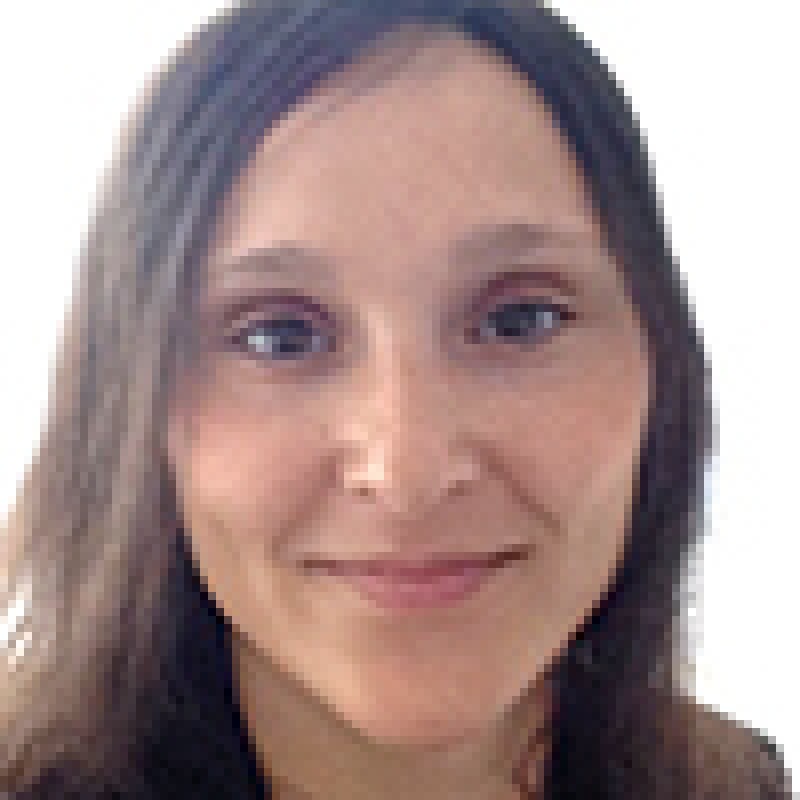The validation of a European patent in a contracting state is determined by Article 65 EPC, the London Agreement on the application of Article 65 EPC and the contracting state's national law. Hence, validation of a European patent in a contracting state may require the filing of a translation of the European patent as granted into one of the official languages of the contracting state, generally within three months from the date on which the mention of the grant of the European patent is published in the European Patent Bulletin.
Notably, the London Agreement has the objective of reducing costs linked to such validation, more in particular the translation of European patents. Each contracting state which has ratified the Agreement waives the requirement for furnishing such translations entirely or at least largely, depending on its official languages.
Heretofore, Belgium has not yet ratified the London Agreement. Consequently, in Belgium, the validation of a European patent granted in English still requires furnishing, by the prescribed deadline, a complete translation of the description and claims into one of the official Belgian languages (French, Dutch or German).
However, as from January 2017, the furnishing of such a translation to validate a European patent in Belgium will become superfluous!
The Belgian government, at its Council of State, enacted a new law on June 29 2016 which states that a European patent granted, amended after opposition or limited in any of the official EPC languages confers upon the patentee the same rights as a national Belgian patent. Consequently, it might also be expected that the Belgian Government intends to ratify the London Agreement shortly.
This new regime is highly advantageous for patent owners and for the Belgian government, since this major change in Belgian law will reduce both validation costs and a large amount of administrative work at the Belgian Patent Office. Furthermore, this will considerably reduce litigation between companies and the state of Belgium which arises when companies seek to re-instate their rights in Belgium for European patents granted in English if a translation is deemed not to have been properly filed.
Meanwhile, the legislator has reopened a time window, terminating on January 6 2017, for the retroactive reinstatement, under certain conditions, of granted, amended or limited European patents for which a translation was not duly provided to the Belgian Patent Office (See our previous article, 'Patent law harmonised with PLT').

|

|
Cathy Kourgias |
Pascal Leroy |
GeversHolidaystraat, 5B-1831 Diegem - BrusselsBelgiumTel: +32 2 715 37 11Fax: +32 2 715 37 00www.gevers.eu










